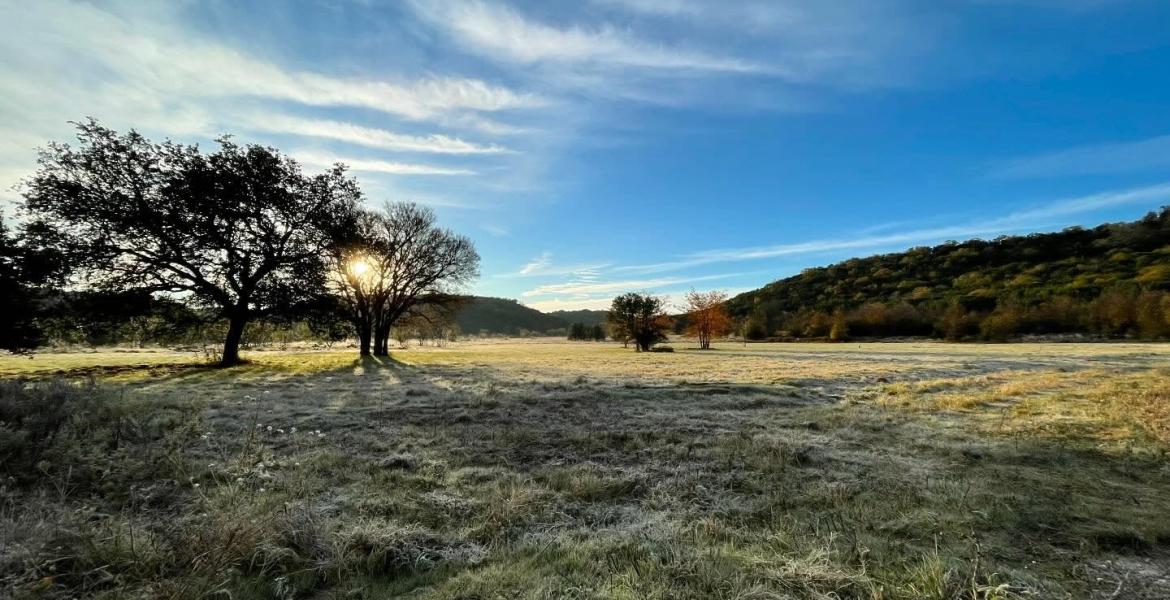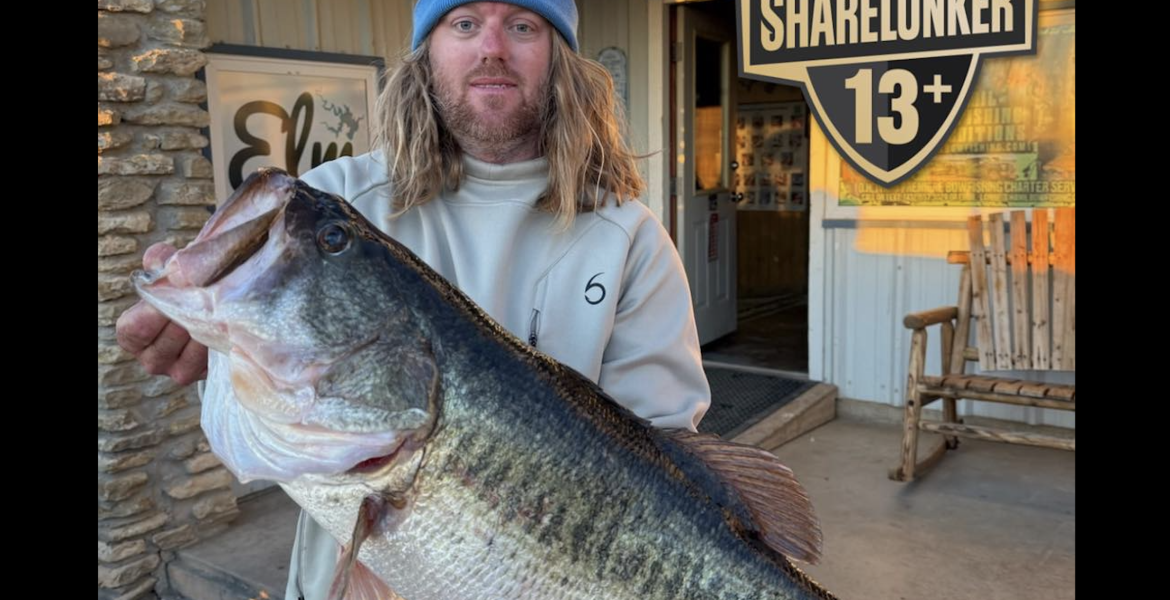SAN ANGELO – Heavy rain is in the forecast this week for most of West Texas just in time for the beginning of dove season and the unofficial end-of-summer Labor Day Weekend.
Meteorologists with the National Weather Service office in San Angelo say heavy rain and flooding will be the major concern with rounds of thunderstorms which will develop each day mostly during the afternoon hours beginning Tuesday.
There is a slight chance of thunderstorm development Monday and Monday night but the bulk of the heavy rain and associated flooding is forecast for Tuesday night through Thursday.
Outflow boundaries and convectivity from a week cold front will help produce multiple rounds of thunderstorm development throughout the week. At this point, flooding is the major concern with this storm event.
Temperatures will remain at or below normal with the persisting cloud cover and thunderstorms.
There is a 60% chance rain after 4 a.m. Tuesday morning; then an 80% chance throughout the day Tuesday. Rain chances drop to 60% for Tuesday night and Wednesday and then drop again to 50% for Wednesday night and Thursday. There is a 30% chance of rain Thursday through Sunday for the first weekend of dove season and the Labor Day Weekend.
Rain at the beginning of dove season gives the birds alternative sources of water so they don't have to fly into the same water source like a tank, lake or river after feeding so it makes their flight patterns more unpredictable and therefore more challenging to find.
The forecast calls for a total rain accumulation of 2 to 4 inches with flood watches and warnings expected as early as Tuesday morning. The timing of the rain and flooding is dynamic at this point so the forecast is expected to change.
With all storm events, the exact timing and location of thunderstorm development and flooding is difficult to pin down and some areas of the Concho Valley may not see any significant rainfall.
This is a developing weather situation and residents are urged to monitor weather sources for changes and instructions during weather events.
Subscribe to the LIVE! Daily
Required






Post a comment to this article here: